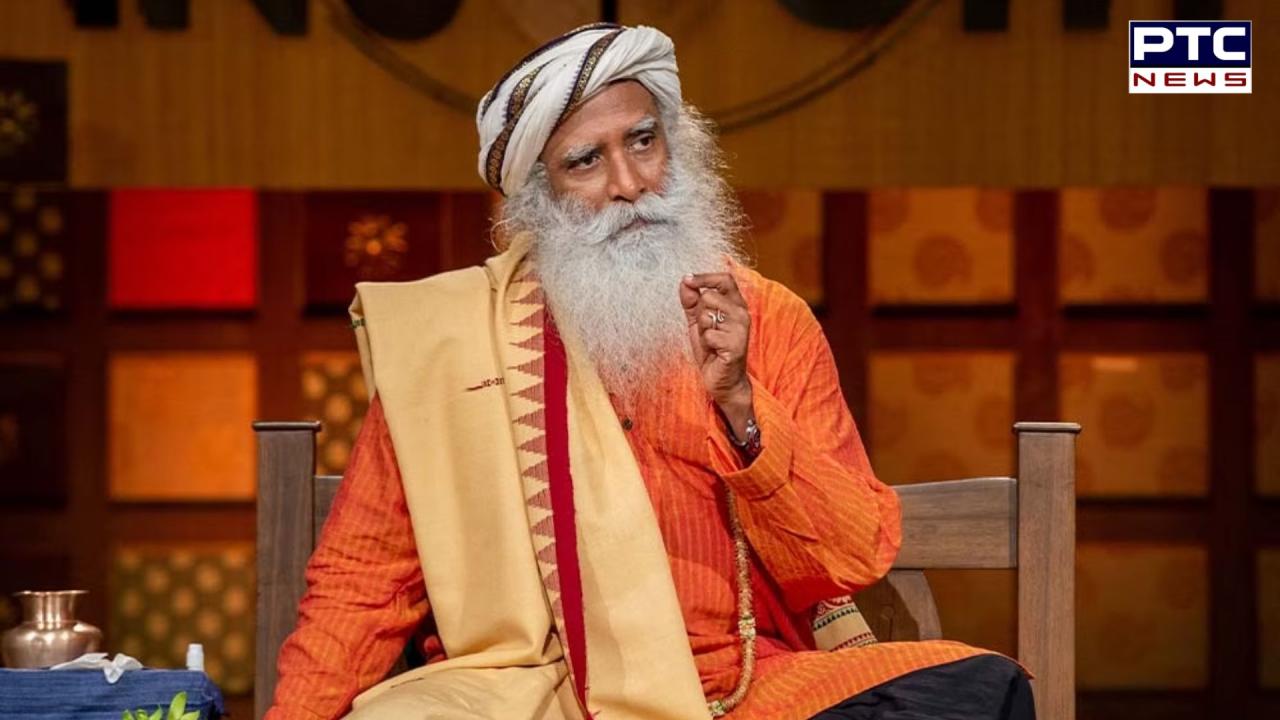

Supreme Court dismisses case against Isha Foundation, big relief for Sadhguru
Big relief for Sadhguru: The Supreme Court delivered a significant verdict on Friday, dismissing all proceedings against the Isha Foundation concerning allegations made by a father who claimed his two daughters had been "brainwashed" into joining the ashram led by spiritual leader Sadhguru in Coimbatore, Tamil Nadu. The father had contended that his daughters were unlawfully detained, preventing their family from contacting them.
The petition, which argued for the unlawful detention of Geeta and Lata, was rejected by the Supreme Court. A bench led by Chief Justice DY Chandrachud ruled that both women were adults—27 and 24 years old—when they joined the ashram and that they were living there of their "own free will." The court's ruling made it clear that since neither daughter was a minor, there was no need for further judicial intervention in this matter.
The Supreme Court also criticised the Madras High Court for its handling of the case, stating that it acted in a "completely inappropriate" manner by ordering an inquiry into the habeas corpus petition, which led to police raiding the Isha Foundation. The Chief Justice emphasised that proceedings like these should not be used to "malign people and institutions."
Also Read: Omar Abdullah's Cabinet votes to seek statehood for Jammu and Kashmir in first meeting
Earlier this month, the Supreme Court had taken over the case from the Madras High Court, halting an order that required police to investigate the father's allegations against the Isha Foundation. This decision came after the High Court's directive resulted in extensive police raids at the ashram, prompting the Isha Foundation to appeal for relief from what they deemed an unjust inquiry.
The Isha Foundation has consistently denied the father's allegations, asserting that the two women, now aged 42 and 39, were voluntary residents of the ashram. In court, one of the women appeared via video link, stating that both she and her sister had been subjected to harassment from their father for the past eight years, with their mother also reportedly involved in similar harassment.
Senior advocate Mukul Rohatgi, representing the Isha Foundation, highlighted that even the Tamil Nadu Police's status report confirmed the women's voluntary residence at the ashram. During the proceedings, the court also addressed the father, advising him that he could not "control" the lives of his adult children. The Chief Justice urged him to focus on winning their confidence rather than resorting to legal petitions.
This ruling underscores the Supreme Court's commitment to respecting the autonomy of adults and highlights the importance of personal choice in matters of residence and belief, particularly in cases involving spiritual organisations like the Isha Foundation.
Also Read: Supreme Court ruling clears path for Gurmeet Ram Rahim's trial in sacrilege cases
- With inputs from agencies
